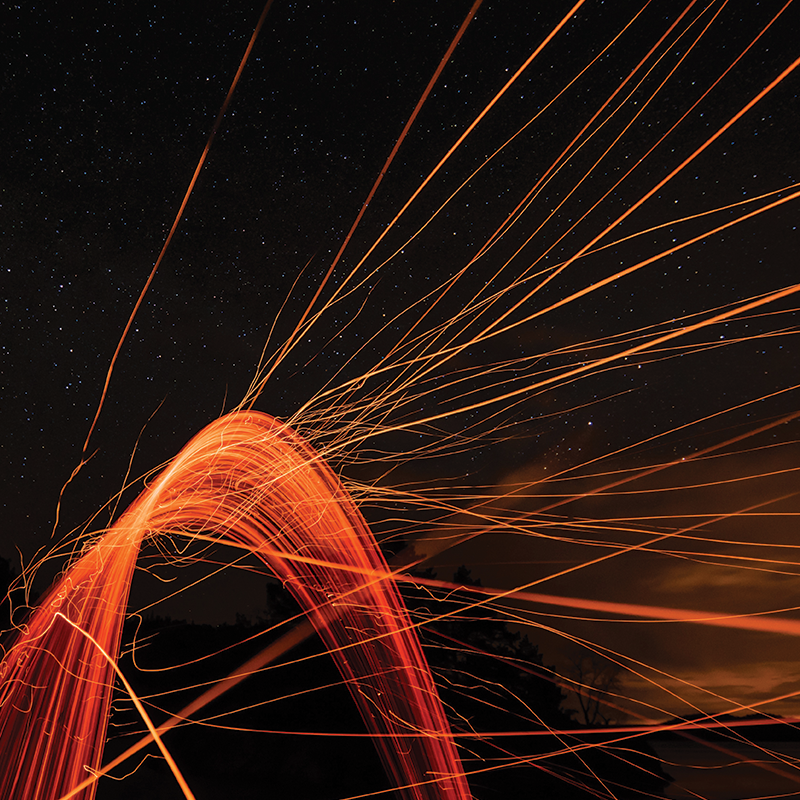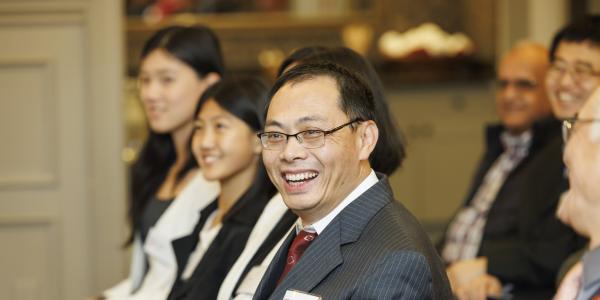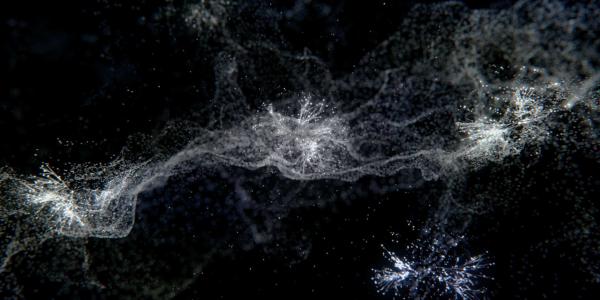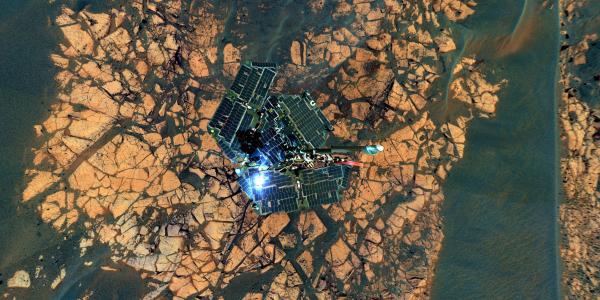Professor Yang is interested in combining physics models and large-scale simulations to understand quantum mechanics in materials and predict novel properties for device and energy applications.
With the fast advance of computational capability, Yang's group focuses on developing and employing the large-scale, first-principles simulations without adjustable parameters for understanding electronic structures and excited-state properties of solids and further predicting novel electronic, optical, thermal, and topological properties for applications.
Yang's research tries to answer a few fundamental questions of broad applications: 1) How electrons interact with each other and impact excited states, such as optical properties; 2) How these fundamental excitations, such as quasiparticles, excitons, plasmons, and phonons, interact and couple with each other to form novel excitations that decide electronic, thermal, and optical properties of materials; 3) How these excited states are modified by quantum confinement of reduced-dimensional structures and how to engineer them for novel transport and energy applications; 4) Understanding electrical and magnetic polarization in materials and how to realize them in reduced-dimensional structures for next-generation transistors and memory devices.
Professional History
2020-present: Professor, Washington University
2015-2020: Associate Professor, Washington University
2009-2015: Assistant Professor, Washington University
2006-2009: Postdoctoral Fellow, University of California, Berkeley
Awards & Honors
2017 The Highly Cited Researchers List by Clarivate Analytics (Web of Science)
2015 The Faculty Early Career Development Award (CAREER) from the National Science Foundation (NSF)





